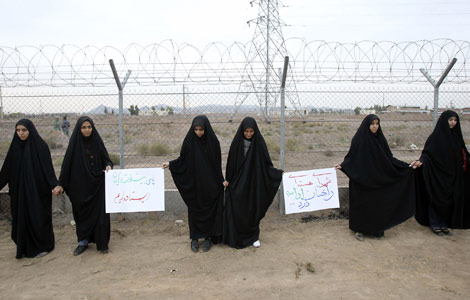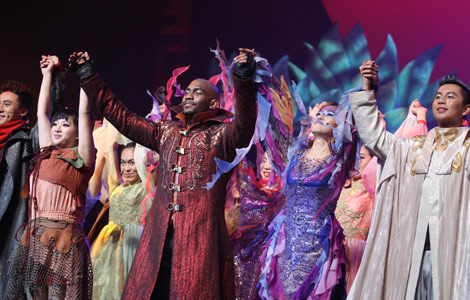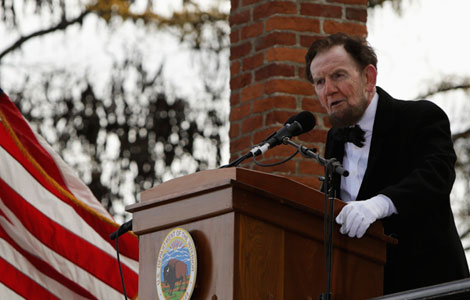
BEIRUT - A Hezbollah leader appealed for calm on Wednesday and an easing of sectarian tensions in Lebanon, a day after twin suicide bombings struck the Iranian embassy in Beirut.
"The solution to this confrontation begins politically," the Shi'ite Muslim group's deputy leader, Sheikh Naim Qassem, said on Lebanese radio, calling for unity.
"Then there are security and military steps by the (Lebanese) authorities ... in addition to attempts to calm the arena and reduce the transmission of sectarian poisons."
He did not specify what security and military steps were needed.
The remarks by Qassem, the most senior Hezbollah official to speak publicly about Tuesday's bombings, suggested a restrained response from Hezbollah, which is funded by Iran and has sent fighters to Syria to support President Bashar al-Assad.
Hezbollah's military role in Syria has helped to inflame sectarian tension there and in Lebanon. Many Lebanese Sunnis back the Syrian rebels, while many Shi'ites support Assad, whose minority Alawite sect derives from Shi'ite Islam.
Saudi Arabia, a Sunni regional foe of Iran and Hezbollah, condemned the embassy bombing on Wednesday.
Hezbollah leader Hassan Nasrallah said last week the group would keep its fighters in Syria as long as needed.
Qassem dismissed Lebanese fears that the Iranian embassy attack presaged more violence, including suicide attacks, which are far more common in Iraq and Syria. Lebanon has "not yet reached the point where it can be compared to Iraq", he said.
Video footage aired on two TV channels on Wednesday did not provide conclusive evidence of how the embassy attack unfolded.
In several minutes of security camera film, men in the street recoil at what seems to be the first explosion. Moments later, a flash and a tower of dark smoke appear on the edge of the screen.
Lebanese officials have said a man in an explosives belt rushed towards the outer wall of the embassy before blowing himself up. They said a car bomb parked two buildings away from the compound caused the second, deadlier explosion.
Funerals for victims of the bombing took place on Wednesday, including in the southern suburbs of Beirut where Hezbollah has a strong presence.
Thousands of people gathered in a car park where four coffins were placed, each shrouded in a yellow Hezbollah flag. Hezbollah fighters, some wearing green or red berets, stood near the coffins as the crowds chanted pro-Hezbollah slogans and pumped their fists.
Adnan Hashem, the father of one victim, had a Hezbollah flag around his neck as he shook hands with visitors offering condolences.
"It is not a tragedy," he said. "We are proud that he is a martyr."








